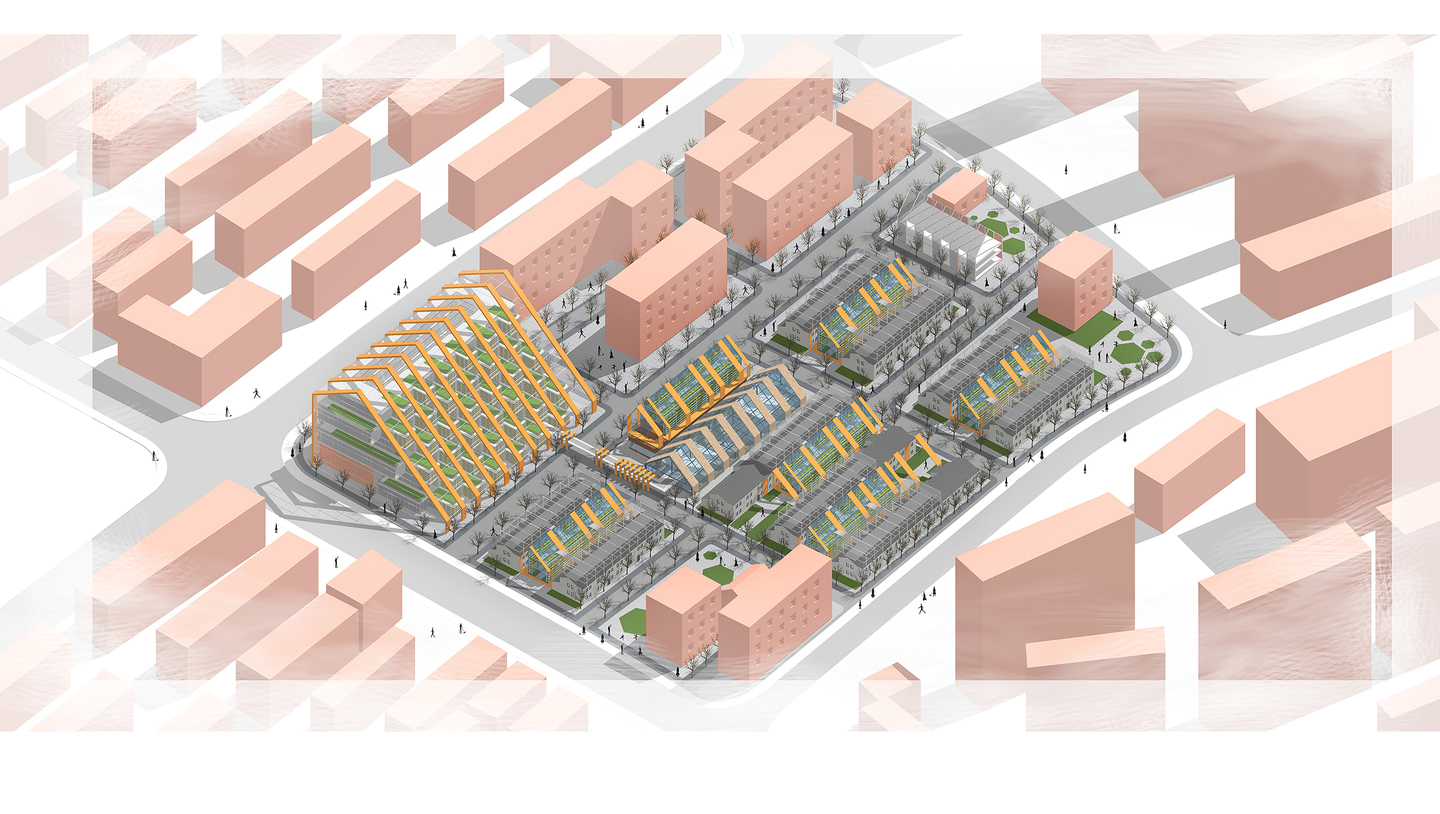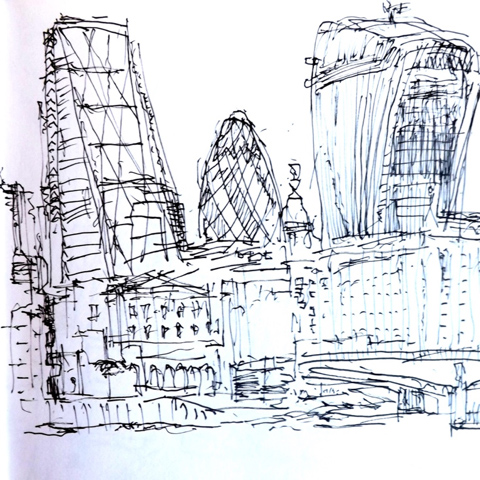Course Overview
MA Architecture and Urbanism invites you to shape the future of our cities and tackle the biggest challenges facing urban environments today. Combining in-depth research with studio-based design, the course addresses how cultural, economic, and environmental forces influence contemporary cities and places. You will produce written, drawn and modelled work rooted in historical urban theory and directed towards creating sustainable, future-focused cities.
Designed for both aspiring researchers and industry professionals, the course supports diverse career goals and specialised interests. Shape your own direction through the exploration of specific research interests and studio design practice. Our urban laboratories provide space to investigate solutions to urban challenges through various lenses - for example landscape, contextualism, prototype, and housing.
You will benefit from the specialist workshops at both Manchester Metropolitan University and the University of Manchester to explore model-making, fabrication, and realisation of your ideas.
You will have opportunities to enhance your specialist knowledge and get career ready by connecting with Manchester School of Architecture’s network of industry leaders and alumni. This course will expose you to the global perspectives and experiences of experts in urbanism including planners, architects, historians, artists and environmental consultants.
This course is ideal preparation for careers in professional or academic roles associated with sustainable urban and architectural design. Graduates go on to shape the built environment at every level in architectural practice, academic research, urban design, policy, consultancy, and construction.
The programme is part of Manchester School of Architecture, an internationally recognised leader in architectural and urban design education which is jointly delivered and awarded by Manchester Metropolitan University and The University of Manchester.
Features and Benefits
A top ranked school of architecture
Manchester School of Architecture is placed 5th in the world in the QS 2025 Architecture rankings.
Joint degree and world-class resources
You will study a programme jointly delivered by The University of Manchester and Manchester Metropolitan University. Graduates receive a degree certificate that carries both institutions’ crests and titles.
Industry networks
You will benefit from MSA’s strong industry connections and employer network. Practitioner-tutors contribute directly to the studio curriculum, supported by international visiting speakers, practice visits, and building studies.
Manchester as a living urban laboratory
Gain hands-on experience through site visits and in-situ analysis, using Manchester’s complex urban landscape as a real-world laboratory for understanding urban conditions and spatial dynamics.
Globally engaged, locally grounded
This is a globally connected course where students’ thesis work is regularly shared through conferences, exhibitions, competitions, and publications.
A diverse learning community
You will join a vibrant, international cohort with backgrounds in architecture, landscape, and related fields. The programme celebrates this diversity by offering pathways that support your individual interests and professional ambitions.
Career Prospects
Graduates have gone on to work with leading architectural, urbanism and town planning practices both nationally and internationally. An increasing number of graduates enrol on further research degrees at doctoral level.
Duration
1 year full-time


























